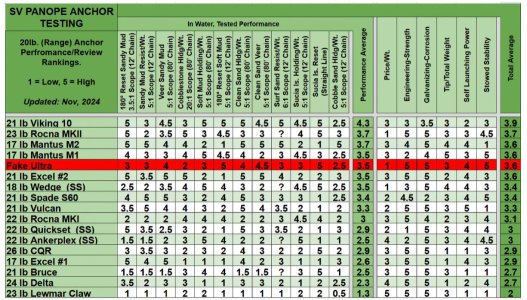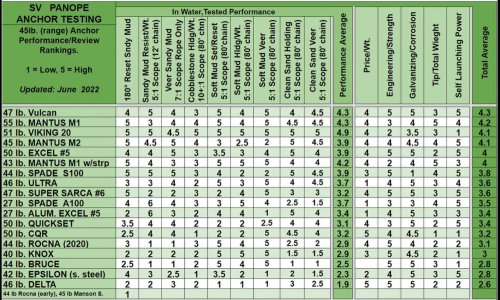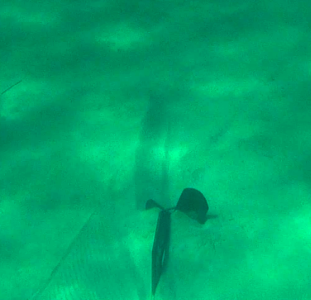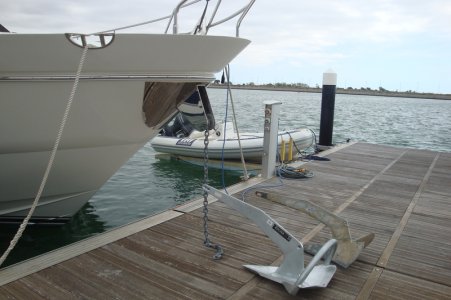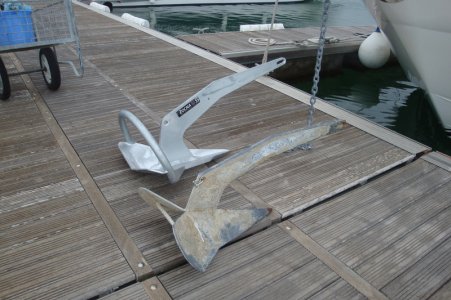kashurst
Well-Known Member
I thought that then got a £12K bill for two new props, shafts, a bent rudder and some other odds and sods. Fortunately the insurance paid out but the idiot surveyor they sent out delayed the repairs so wasted a long summer. I wasn't onboard at the time, taken the dog ashore in a dinghy. Anchor dragged and onboard crew paniced. That particular boat was used in the med so it's often easy to go and find the anchor and check what it is doing (or not!) as per Hurricane's post. After that episode I always did. After that I bought a ROCNA, later bought a smaller boat and the first thing i changed was the anchor to another ROCNA. They seem to dig in really easily in anything (except rocks) and always end up the right way up with a little tug on the chain. Other similar anchors are available.Yup got the standard Delta…. ! Got quite a few improvements and upgrades to do that are higher up the list than changing out the anchor. Mind you, if I’m doing the chain anyway, then maybe now’s the time…?
I suspect if a delta is really big it will work but at under 25Kg I found they tend to lay on their sides and often don't dig in. I found if you reverse a bit they don't roll over onto the base, they just slide about. If they do dig in in softer materials, they just plough the bottom. In sand or gravel if you put the engines just into reverse, you will just keep going backwards. If there is any weed they just skate over the top. I tested a 25Kg ROCNA in sea grass on a T50. Put both engines into reverse and the chain went tight like a bow string pretty much immediately. Two D9s at 1200 rpm and it still wasn't going anywhere. Went and had a look with a snorkel and it was completely buried out of sight.
I wouldn't trust a Delta to hold the fridge door open.
If you plan on doing proper anchoring have a serious think about it. Loads of Youtube videos showing what various anchor designs really do.

